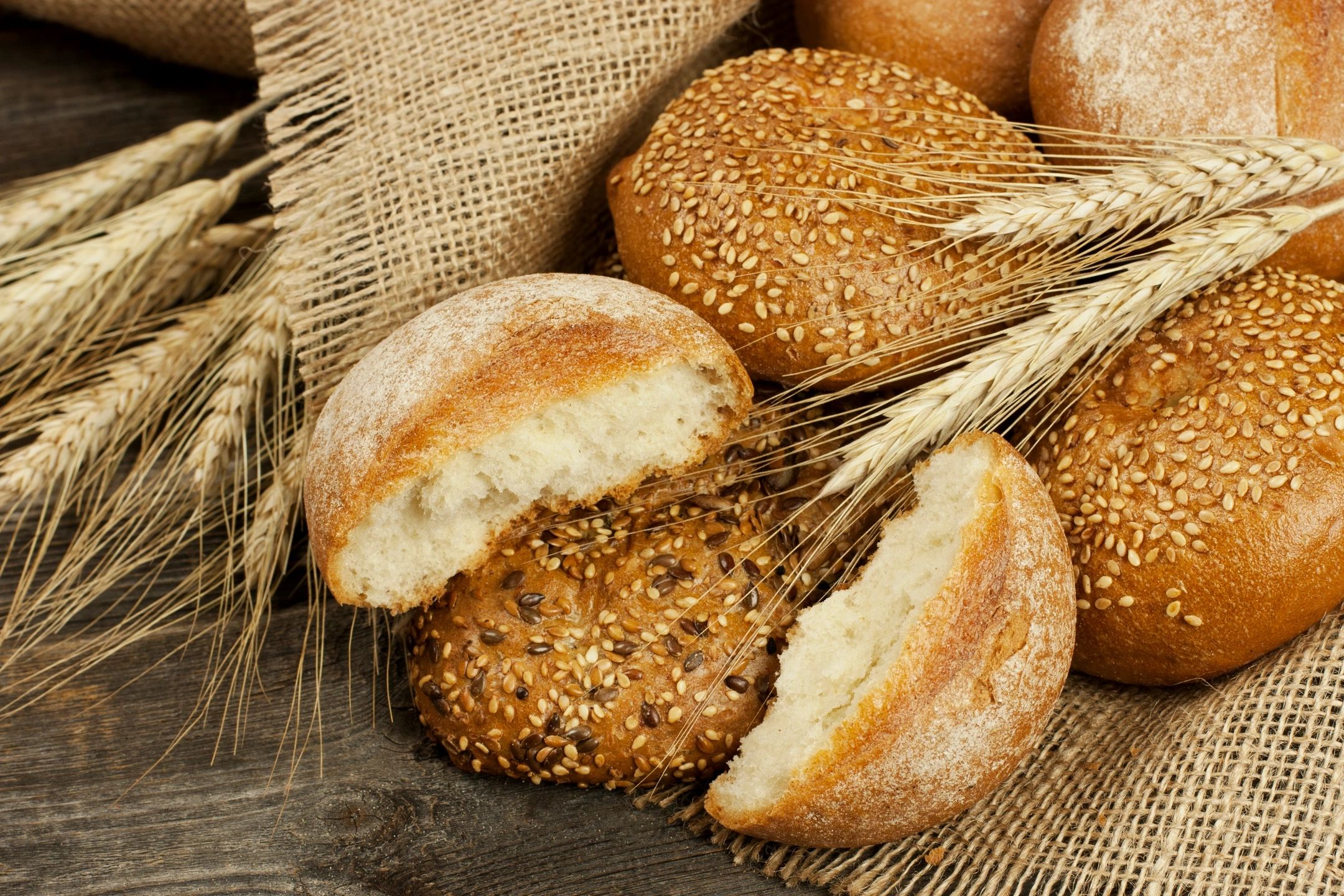Unlocking Nutritional Potential: Adding Calcium Carbonate to Baking Recipes
Welcome to our guide on incorporating Calcium Carbonate into your baking applications! As baked goods rise in importance alongside milk-based products for providing our daily Calcium needs, it's crucial to ensure your creations contribute to good bone health.
Our Essential Minerals PureCal® products offer the highest purity natural Calcium Carbonate available to enhance your product's label. With a purity level of 99.9% or greater, PureCal® boasts the highest percentage of elemental Calcium by weight at 40%, simplifying the process of meeting your desired label claims.
To understand how much Calcium Carbonate to add, consider these guidelines:
- For a "Good Source" claim (10-19% Daily Value), add between 250 to 475 milligrams per serving.
- For an "Excellent Source" claim (20% or more Daily Value), incorporate 500 milligrams per serving.
- To reach the equivalent of a glass of milk (30% Daily Value), aim for 750 milligrams per serving.
- For a full daily serving of Calcium (100% Daily Value), add 2,500 milligrams per serving.
In non-yeast leavened products, incorporating Calcium Carbonate is straightforward. Simply replace an equal amount of flour with Calcium Carbonate, as they share similar oil and water uptake properties. Notably, it doesn't affect baking soda or baking powder, and its neutral taste won't alter your recipe.
For yeast-containing products, two options ensure compatibility:
- If formulating onsite, add PureCal® Calcium Carbonate after the final proofing step.
- In pre-mixes, combine it with a Calcium-based acid like Calcium Citrate. This neutralizes each other's effects, maintaining the bread mix's pH while contributing to your label claims.
- Adding Calcium Carbonate to your baking not only enhances the nutritional value of your products but also ensures they meet your customers' dietary needs. With our PureCal® products, achieving your desired label claims has never been easier.


